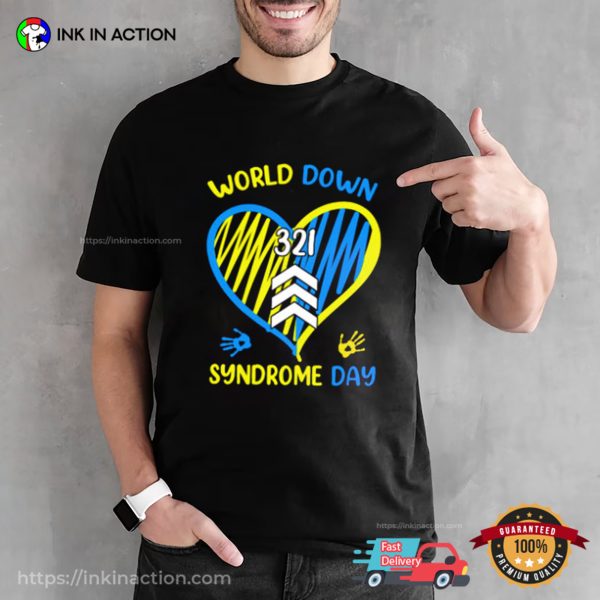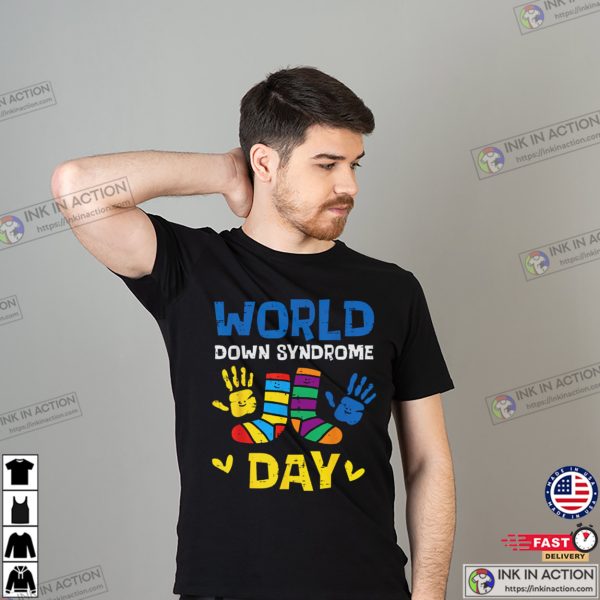Holidays
Embracing Differences: How World Down Syndrome Awareness Day Inspires Inclusion and Advocacy
Understanding Down Syndrome and the Meaning of World Down Syndrome Awareness Day (WDSD)
Every year on March 21, World Down Syndrome Awareness Day (WDSD) is a day to promote inclusion and celebrate the unique abilities of people with Down syndrome. 3/21 – represents the presence of three copies of chromosome 21, which causes Down syndrome. The day serves as a reminder of the importance of embracing diversity and ensuring that everyone, regardless of ability, has the opportunity to thrive in an inclusive society.
Down syndrome is a genetic condition caused by an extra copy of chromosome 21. It affects 1 in 1,000 newborns worldwide and 1 in 700 in the United States. While most people have 46 chromosomes (23 from the father, 23 from the mother), people with Down syndrome have 47. It affects physical growth, intellectual development, and sometimes health, but it does not determine a child’s abilities or potential. People with Down syndrome can still lead normal lives as adults, contributing to society in any way, as students, employees, athletes, artists, and advocates.
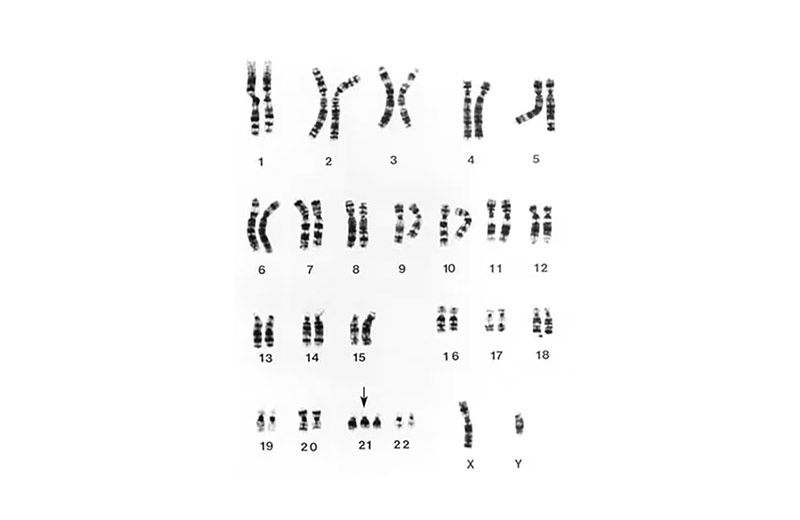
However, misconceptions persist. Some believe that people with Down syndrome cannot be independent or successful, but there are many examples of people with Down syndrome overcoming these misconceptions. These stereotypes have led to the lives of people with Down syndrome being disadvantaged, unjust, and their contributions being overlooked. Children with Down syndrome are often bullied by children their own age due to differences in appearance or intelligence, making their lives extremely difficult from a young age. These things must be stopped and the unique talents and contributions of people with Down syndrome recognized, reinforcing that they deserve the same opportunities as everyone else.
Global Movement for Awareness
World Down Syndrome Awareness Day is celebrated globally through a variety of campaigns and initiatives that promote acceptance and inclusion. Organizations such as Down Syndrome International (DSi), Down Syndrome Education Online (DSe), and local advocacy groups play a key role in raising awareness.
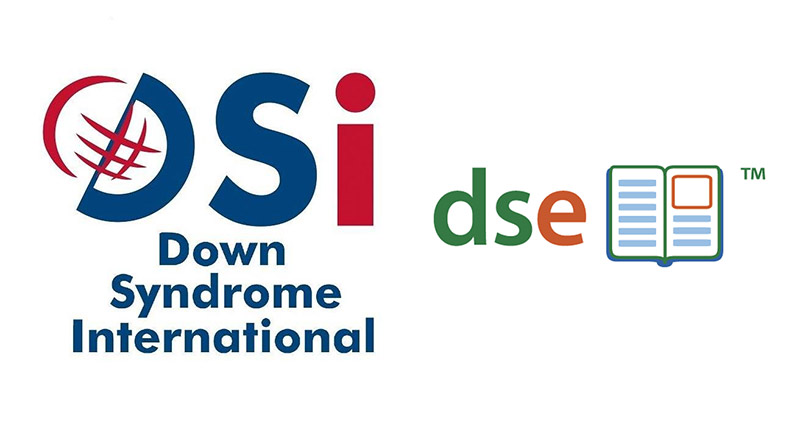
One of the most popular campaigns is #LotsOfSocks, where people wear mismatched socks to spark conversations about Down syndrome and inclusion. Schools, workplaces, and communities also hold fundraising events, educational events, and social media campaigns to highlight the importance of advocacy. Countries around the world light up landmarks in blue and yellow to show solidarity, making WDSD a truly global movement.
Inspiring Stories
One of the most powerful aspects of WDSD is sharing success stories that showcase the potential of people with Down syndrome.
For example, Madeline Stuart, a professional model with Down syndrome who has walked the runway internationally, challenging beauty standards and advocating for inclusion. Or Chris Nikic, the first person with Down syndrome to complete an Ironman triathlon, proving that determination and hard work have no limits.

In the workplace, companies are becoming more inclusive, hiring people with Down syndrome for meaningful roles. Supermarkets, restaurants and corporate offices have recognized that people with Down syndrome bring enthusiasm, dedication and a strong work ethic, enriching their teams.
These stories illustrate that with support, education and opportunity, people with Down syndrome can achieve incredible things, inspiring the world to become more inclusive.
The Importance of Advocacy and Inclusion
Advocacy is key to ensuring that people with Down syndrome receive equal rights, access to education and employment opportunities. Inclusive education allows children with Down syndrome to learn alongside their peers, promoting understanding and breaking down barriers.
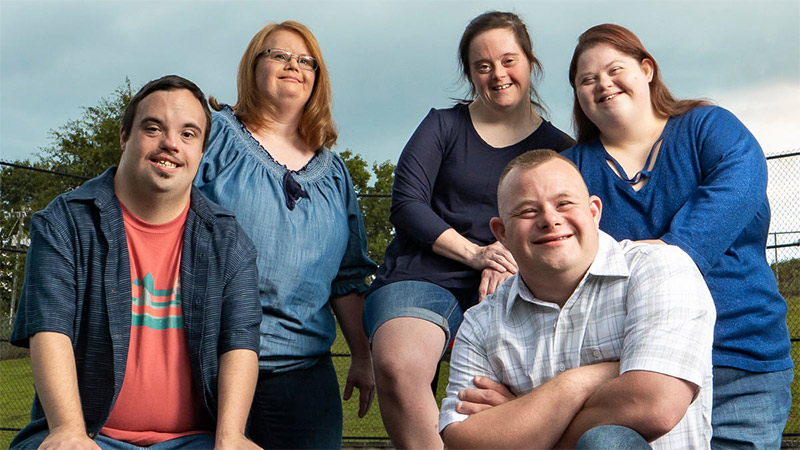
Employment is another area where inclusion is growing. More and more companies are recognizing the value of a diverse workforce, providing job training and accommodations so that people with Down syndrome can make meaningful contributions.
Governments and advocacy organizations continue to push for policies that support people with disabilities, ensuring accessibility in public places, health care and legal protections against discrimination. Advocacy is not just about legislation, it is about changing mindsets and promoting acceptance in everyday life.
How You Can Get Involved
You don’t have to be a member of an organization to make a difference—everyone can contribute to raising awareness and promoting inclusion.
- Wear mismatched socks on March 21 and explain why to anyone who asks. The #LotsOfSocks campaign is a fun and simple way to start conversations about inclusion.
- Participate in events like awareness walks, fundraisers, or educational workshops hosted by Down syndrome associations. It’s a good idea to wear event-related clothing to highlight the event.
- Share stories and information on social media using hashtags like #WDSD and #InclusionMatters to raise awareness and inspire others.
- Support businesses and organizations that employ and advocate for people with Down syndrome.
- Educate yourself and others about Down syndrome to help break stereotypes and create a more accepting world.
Conclusion
World Down Syndrome Awareness Day is not just a day of celebration, it is a call to action to build a world where everyone is valued, respected and included. By raising awareness, sharing success stories and advocating for policies that support people with Down syndrome, we can foster a society that truly embraces diversity.
Inclusion starts with each of us. Whether it’s wearing mismatched socks, supporting advocacy efforts or simply treating people with Down syndrome with kindness and respect, every action counts. Let’s continue to spread the message that our differences make us stronger and that everyone deserves the opportunity to reach their full potential. Together, we can make a difference




